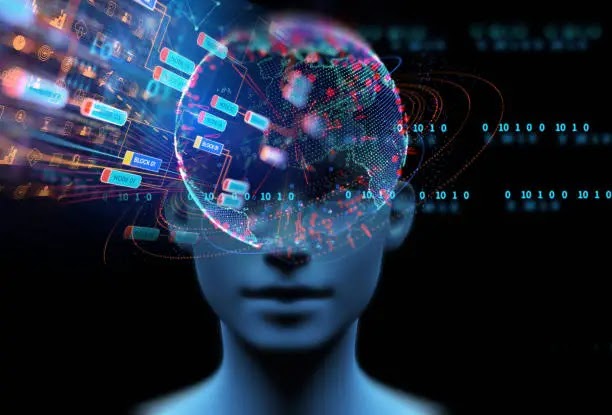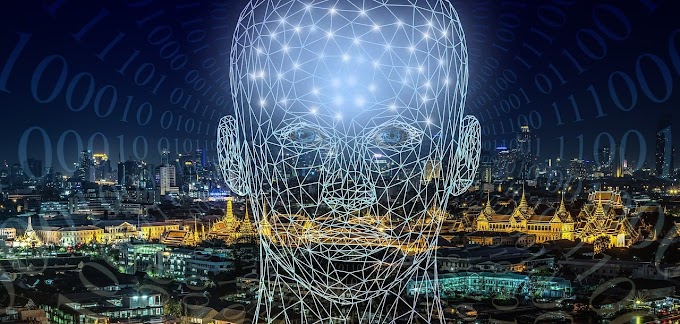In the ever-evolving landscape of technology, the concept of intelligence in artificial intelligence (AI) continues to captivate the imagination of researchers, developers, and society at large. As we explore the depths of AI's potential, this article offers an expert perspective on what intelligence means in the context of AI, exemplifying its practical applications and peering into the promising future trends.
Intelligence Definition in AI
Artificial intelligence, in essence, seeks to replicate human-like intelligence in machines. But what is intelligence in AI? In AI, intelligence refers to the ability of a machine or a system to perform tasks that typically require human intelligence. These tasks encompass a wide range of activities, including problem-solving, learning, understanding natural language, recognizing patterns, and making decisions based on data.
AI intelligence is often categorized into two primary forms:
Narrow or Weak AI: This form of AI is designed to perform specific tasks or solve particular problems. Examples include virtual personal assistants like Siri or Alexa, which respond to voice commands, and recommendation algorithms used by streaming services like Netflix.
General or Strong AI: General AI is a more advanced form that aims to possess human-like intelligence across a broad spectrum of tasks. It's the realm of science fiction, where machines would possess consciousness, emotions, and problem-solving abilities similar to humans. Achieving general AI is the Holy Grail of AI research and remains a long-term aspiration.
Intelligence Examples in AI
AI has made substantial progress in delivering practical intelligence. Here are some illustrative examples:
Natural Language Processing (NLP): AI systems like GPT-3 are proficient in understanding and generating human-like text. They can write articles, answer questions, and engage in conversations, exhibiting a remarkable understanding of context.
Computer Vision: AI-powered image recognition, used in facial recognition technology and self-driving cars, showcases the capacity of AI to interpret and act upon visual data.
Machine Learning in Healthcare: AI algorithms can analyze medical data, diagnose diseases, and even predict patient outcomes, demonstrating their ability to learn from data and make complex decisions.
Recommendation Systems: Companies like Amazon and YouTube employ AI algorithms to recommend products and content based on user preferences and behaviors, significantly enhancing user experiences.
Future Trends
The future of intelligence in AI holds exciting prospects:
Explainable AI (XAI): As AI systems become more complex, the need for transparency and understanding how AI reaches decisions grows. Explainable AI is emerging to make AI processes more understandable and accountable.
AI in Creative Fields: AI is being increasingly integrated into creative domains like art, music, and literature, offering novel possibilities for artists and creators.
Ethical AI: Ensuring AI respects ethical principles, data privacy, and fairness in decision-making will be at the forefront of AI development.
Quantum AI: The integration of quantum computing with AI promises to solve complex problems and revolutionize various industries.
At the End
Intelligence in AI is an ever-evolving journey towards the replication of human-like cognition in machines. While we have made significant strides in creating AI systems that excel in specific tasks, the path to achieving general AI remains challenging and uncertain. As we move forward, it's essential to consider the ethical, social, and practical implications of AI intelligence. The future holds immense promise, but it's equally important to navigate this landscape with responsibility and a profound understanding of the transformative potential of AI intelligence in our lives.






